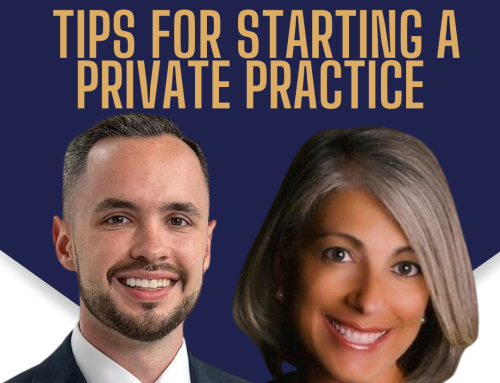The heart bleed virus made its debut this past week. Have you heard of it?
This virus has the capacity to go into your “password protected” sites, whether they are your own websites or more “security sensitive” sites like bank accounts and credit cards to bypass your password protection and get all the information that they would like (e.g. your bank account access, social security number, tax return data).
Has the fear of someone getting your information and using it to commit identify fraud on you, caused you to run and enroll in a security protection system like LifeLock?
Read on. You may not like what you see.
According to their website and advertisements:
LifeLock tells consumers that it can “lock” their identity, promising to prevent identity theft before it happens. They even promise to protect you for up to $1 million if your identity is stolen! What they don’t tell you is that their service is illegal. Under the federal laws governing credit reporting, companies like LifeLock aren’t allowed to place fraud alerts on your credit files – which is LifeLock’s main “service.” They fail to tell you that you must have a good faith basis that you are about to be a victim of identity theft to qualify for a fraud alert, and bury in their terms of service that you are confirming that you have such a basis and will have such a basis in the future unless you tell them otherwise.
Unfortunately, the supposed $1 million “guarantee” is a sham. If you read the fine print, you’ll find that LifeLock won’t pay for any losses you experience as a result of identity theft – not even the $50 you’ll owe on a credit card that is used without your permission, much less any bigger loans or credit a thief might take out in your name. They will not pay for any damage that is a consequence of their service’s failure. What exactly does the $1 million pay for? Hard to tell.
Incredulously, LifeLock CANNOT protect you from identity theft. And they know it too: LifeLock’s CEO, Todd Davis, had his identity stolen as a result of LifeLock’s advertising campaign giving out his social security number, showing that LifeLock knows its service can’t protect you.
To check out the specifics of the allegations against LifeLock, see the attached complaint filed by New York City.
Find out how to help get your money back today! Email classaction@earthlaw.com.
GOOD LUCK!
One of the best ways to protect yourself against identity fraud has always been to change your passwords on a regular basis. There are even apps that rotate your password to a new one or slight change daily!
To get more helpful tips and hints, sign up for this blog in the box at the top left corner of this screen.
See you at the next post!


